What happens when machines outpace people? Hospitals today are filled with dashboards, devices, and data streams. Nonetheless, many healthcare personnel are still learning the fundamentals of digital technology. That divide is more than just annoying; it's also hazardous. The future of care depends on digital fluency.
Old Skills, New Demands
Nurses, technicians, and doctors have always been trained to save lives. Now they must also understand software. Terms like EHR Integration or Healthcare Data Analytics are no longer IT-only. They are becoming daily realities on hospital floors.
But the learning curve is steep. Medical staff weren’t hired to run code. They were trained for human care—not system errors.
Still, the need is urgent. Because digital care is no longer optional. It’s the system now.
What’s Changing in the Field
Here’s what today’s healthcare workers must adapt to:
● SaaS in Healthcare: Tools are shifting to cloud-based models. Updates are frequent. Interfaces change. Speed matters.
● AI in Healthcare: Decisions are now often supported by algorithms. Staff must know what the AI sees—and what it might miss.
● Healthcare Automation: From patient check-ins to dosage tracking, manual steps are being replaced. Human roles are evolving.
● Medical Software: Imaging, diagnostics, reporting—everything is digital. Mistakes in software handling can affect care.
● Healthcare Cloud Solutions: Records aren’t on-site anymore. Accessing, securing, and syncing data is a skill in itself.
● Interoperability in Healthcare: Devices must talk to each other. So must departments. A broken link can delay treatment.
● Cybersecurity in Healthcare: Click the wrong file—and an entire hospital system could
be frozen. Awareness is now frontline defense.
The Emotional Gap
Upskilling isn’t just about tech. It’s about trust. Many fear being replaced or exposed. “Will I fall
behind?” “Am I too old to learn this?”
These questions are real. They must be answered with patience—not pressure.
Training programs often focus on tools. But mindset must be trained too.
Bridging the Digital Divide
Hospitals must rethink learning. Workshops are helpful—but often forgotten. Real change
comes when learning is:
● Embedded into workflows
● On-demand, not one-time
● Peer-led, not only expert-led
● Interactive, not lecture-style
Microlearning, simulations, shadowing IT—these make a difference.
A culture of “ask, try, fail, learn” must be allowed. Otherwise, fear will win. And tech adoption
will stall.
Conclusion
Digital transformation in hospitals is here. But no software, no cloud system, no AI model can
work alone. Human skills are still central. They just need to evolve.
Upskilling is not a luxury. It’s a requirement. Because in a world of machines, it’s the trained
human who still makes the call.
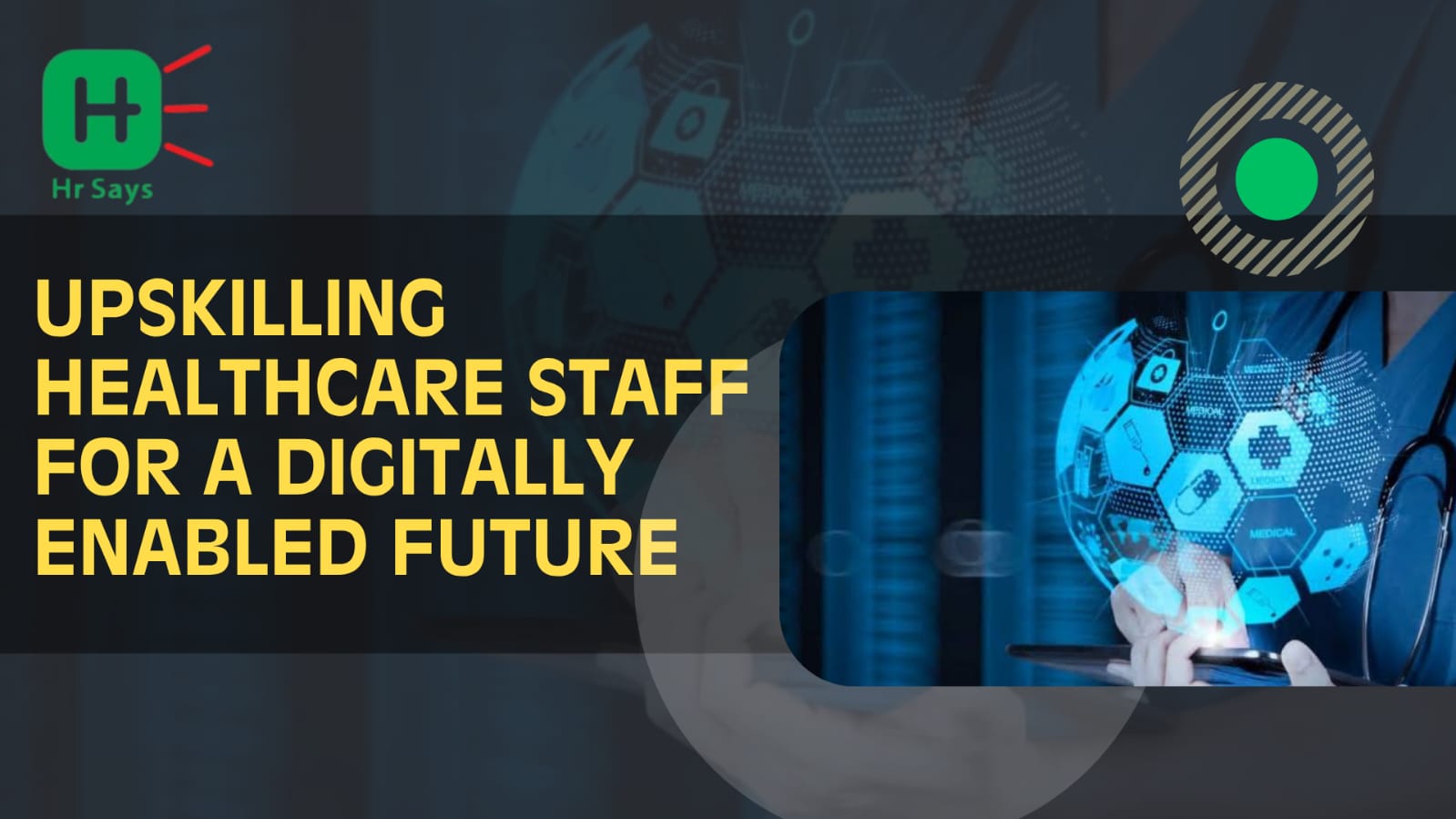
 Healthcare is going digital fast. But can the workforce keep pace? From AI to automation, new tools demand new skills. The challenge lies in preparing today’s staff for tomorrow’s systems—without overwhelming them.
Healthcare is going digital fast. But can the workforce keep pace? From AI to automation, new tools demand new skills. The challenge lies in preparing today’s staff for tomorrow’s systems—without overwhelming them.








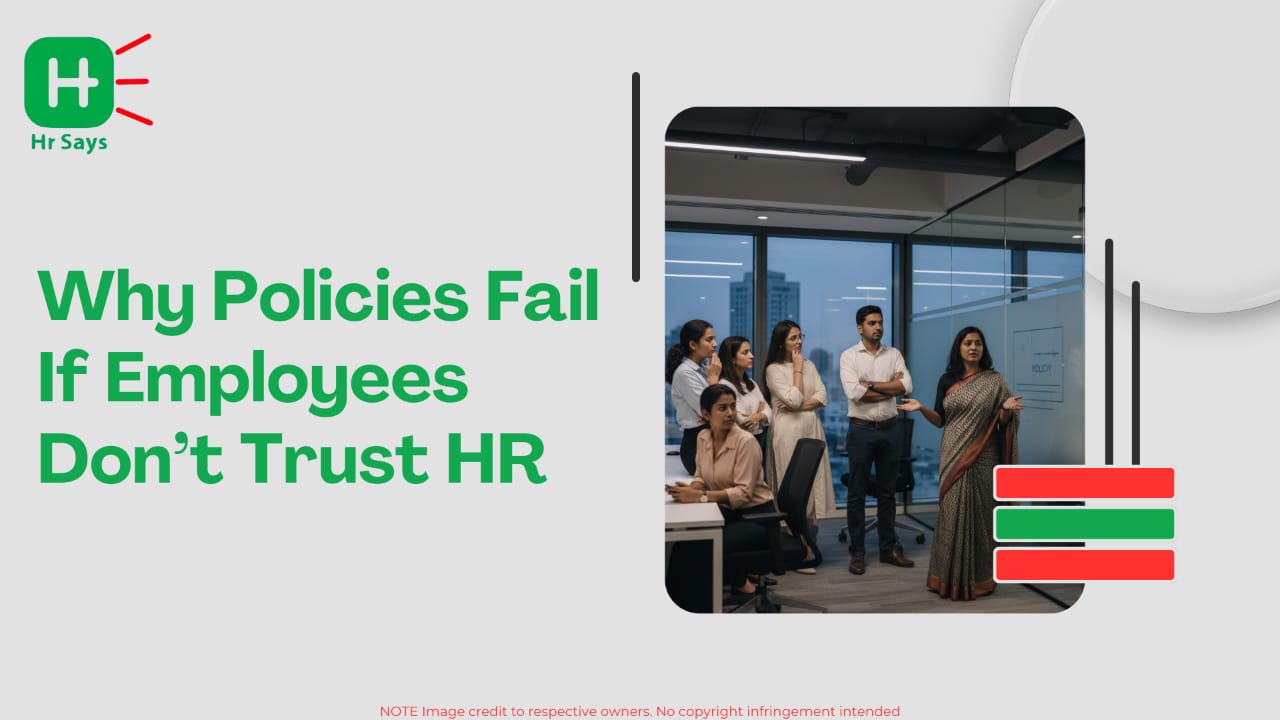

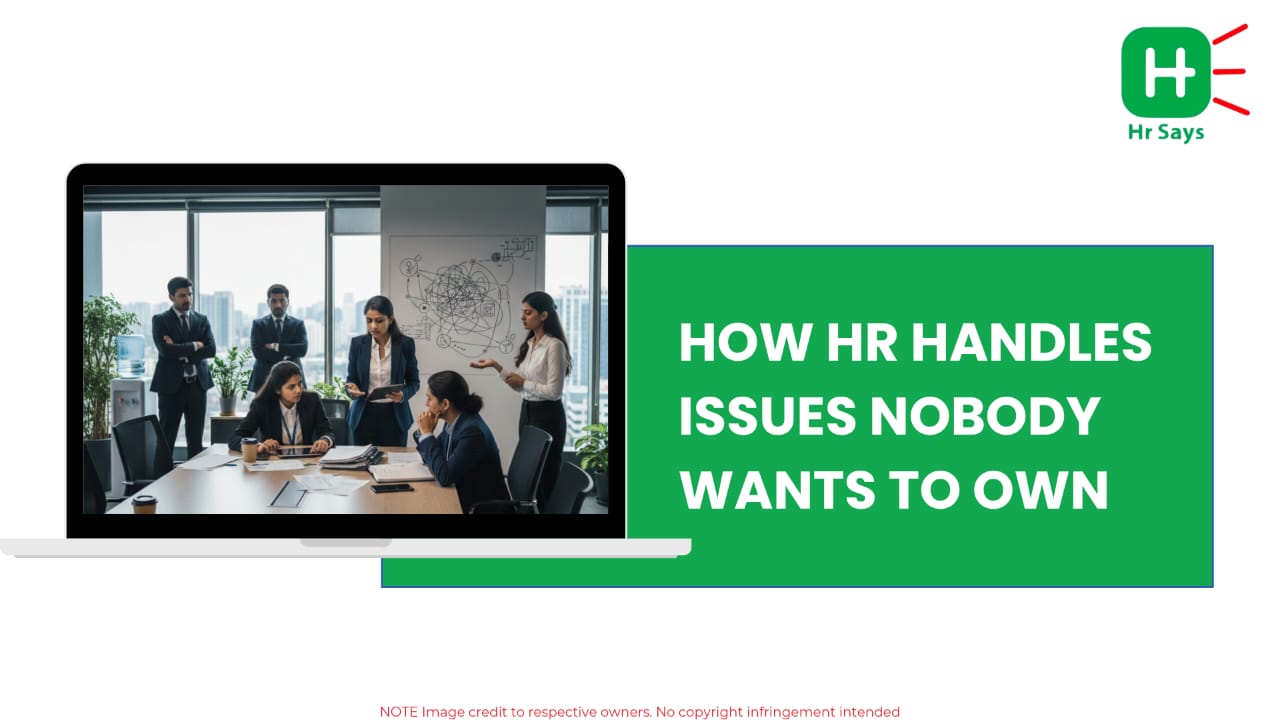

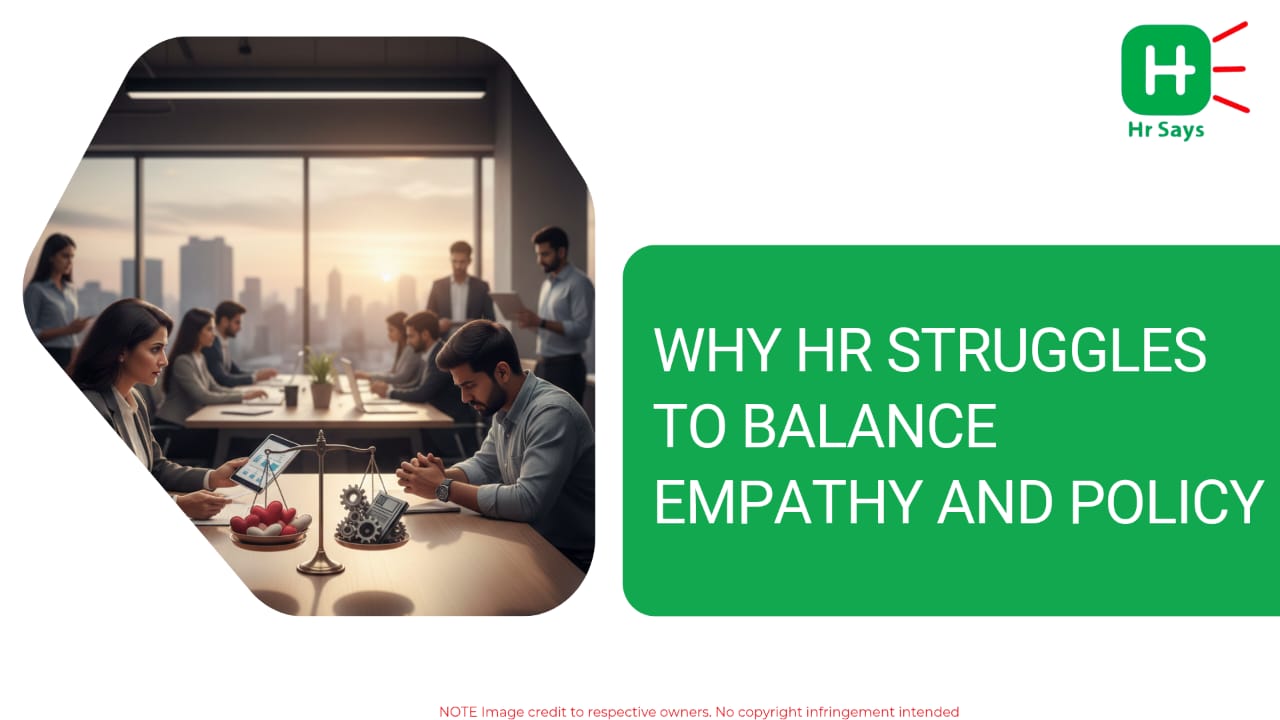
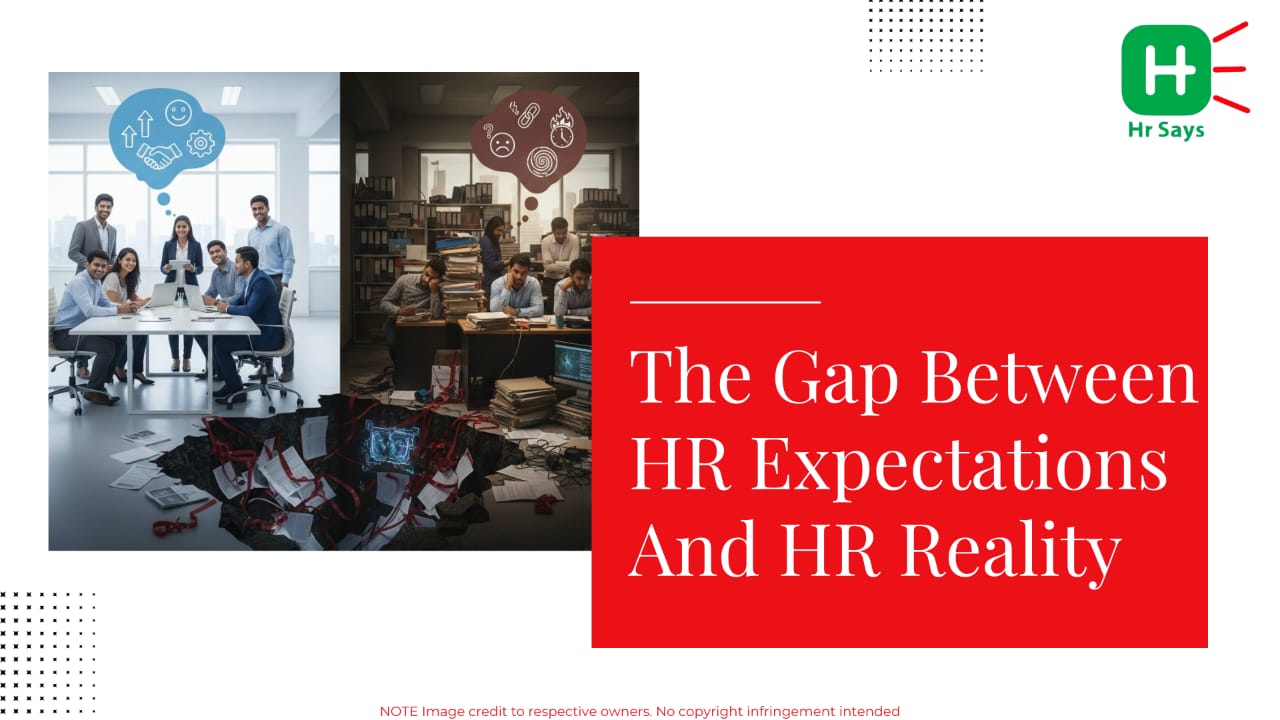
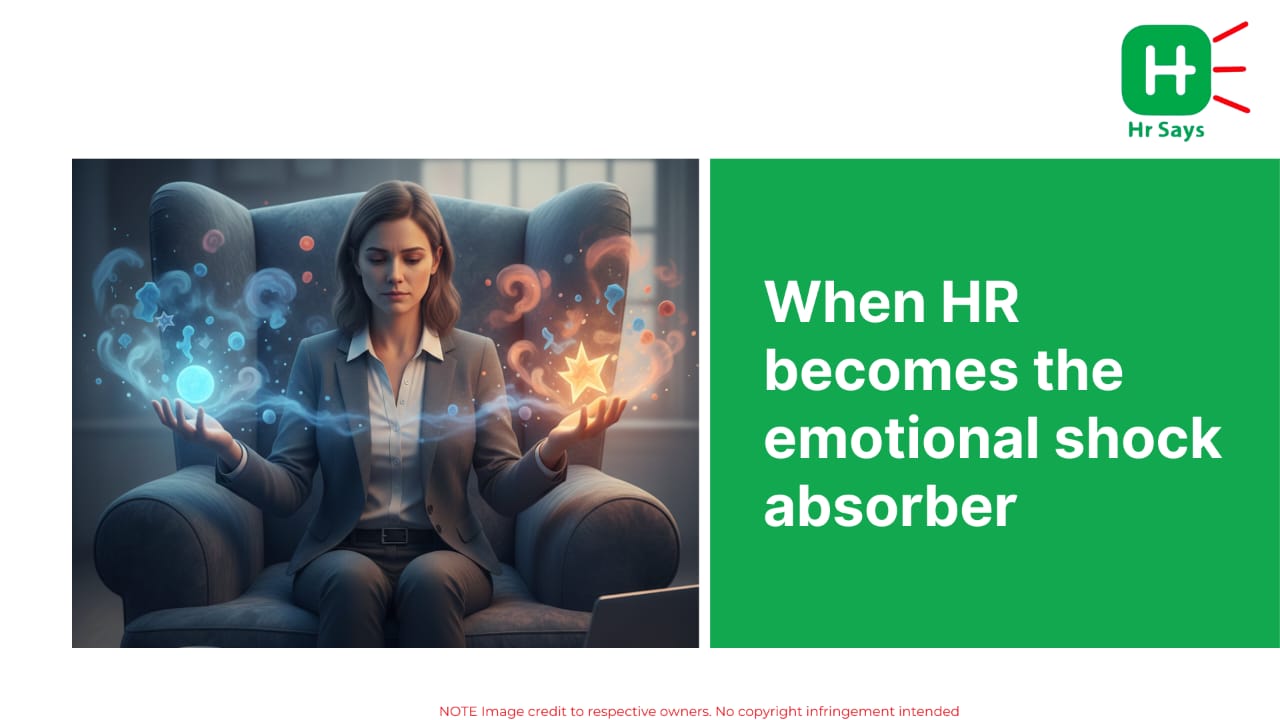
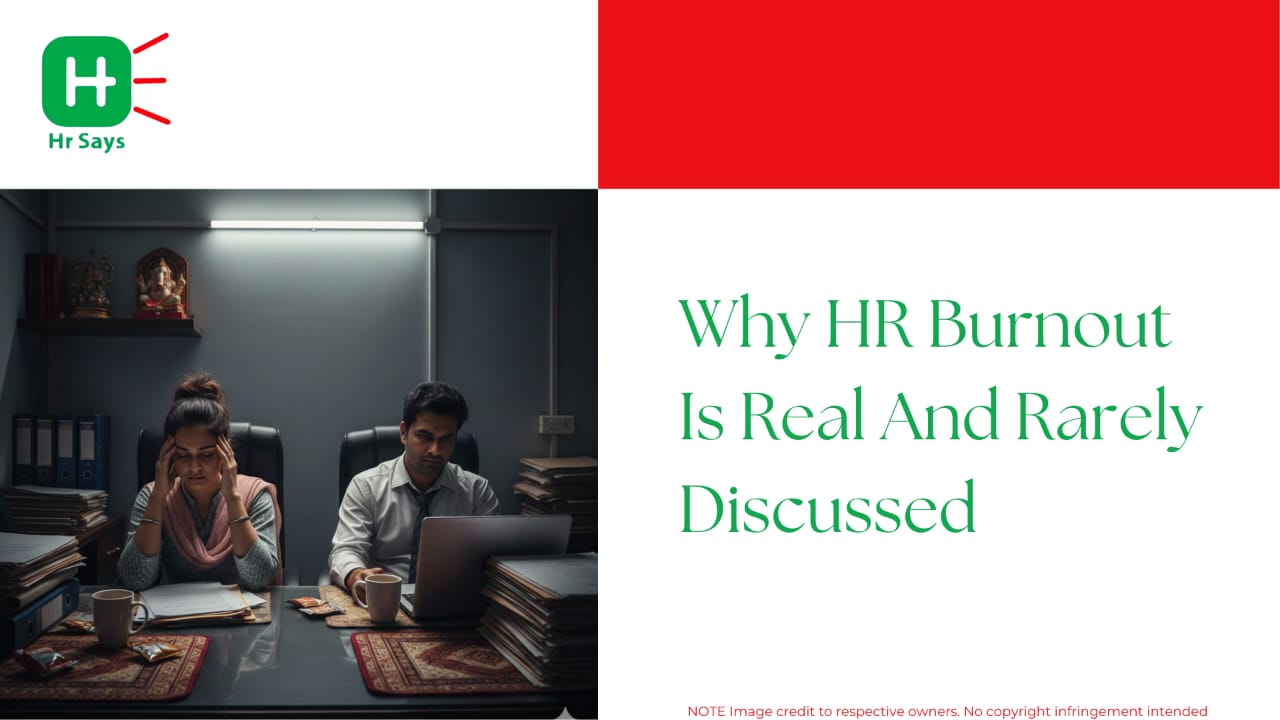
.jpeg)
.jpeg)
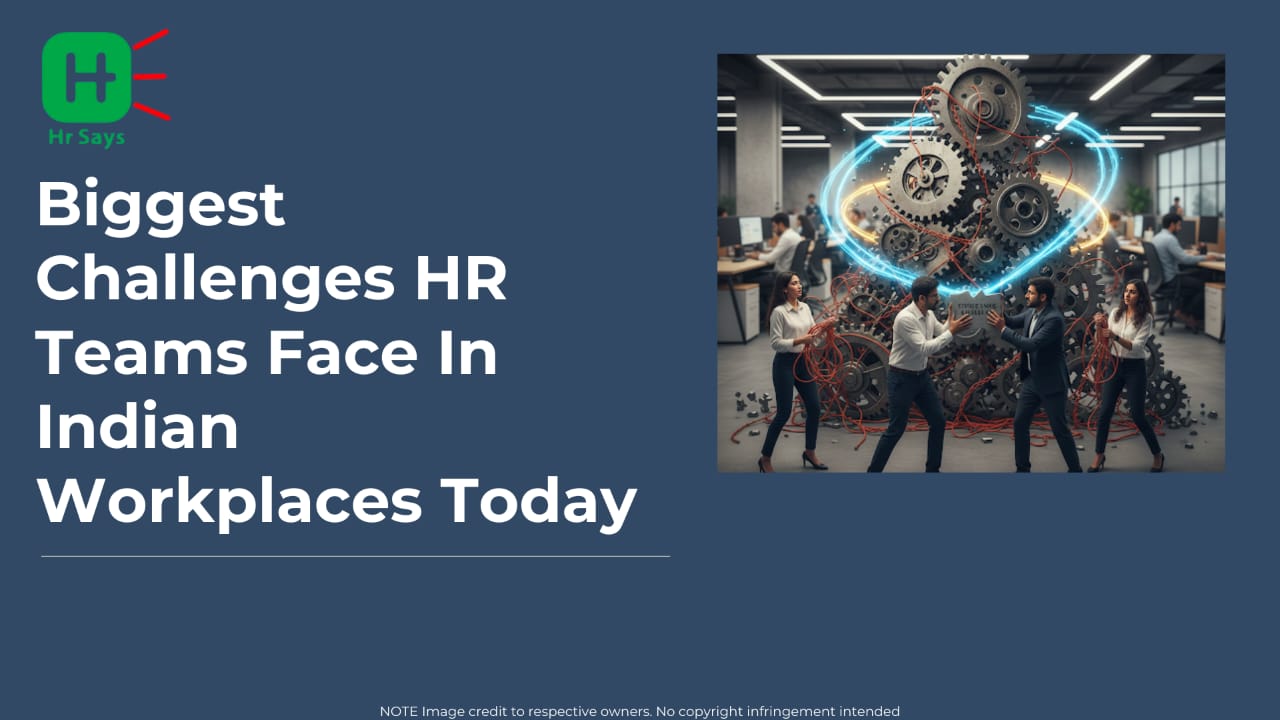
.jpeg)
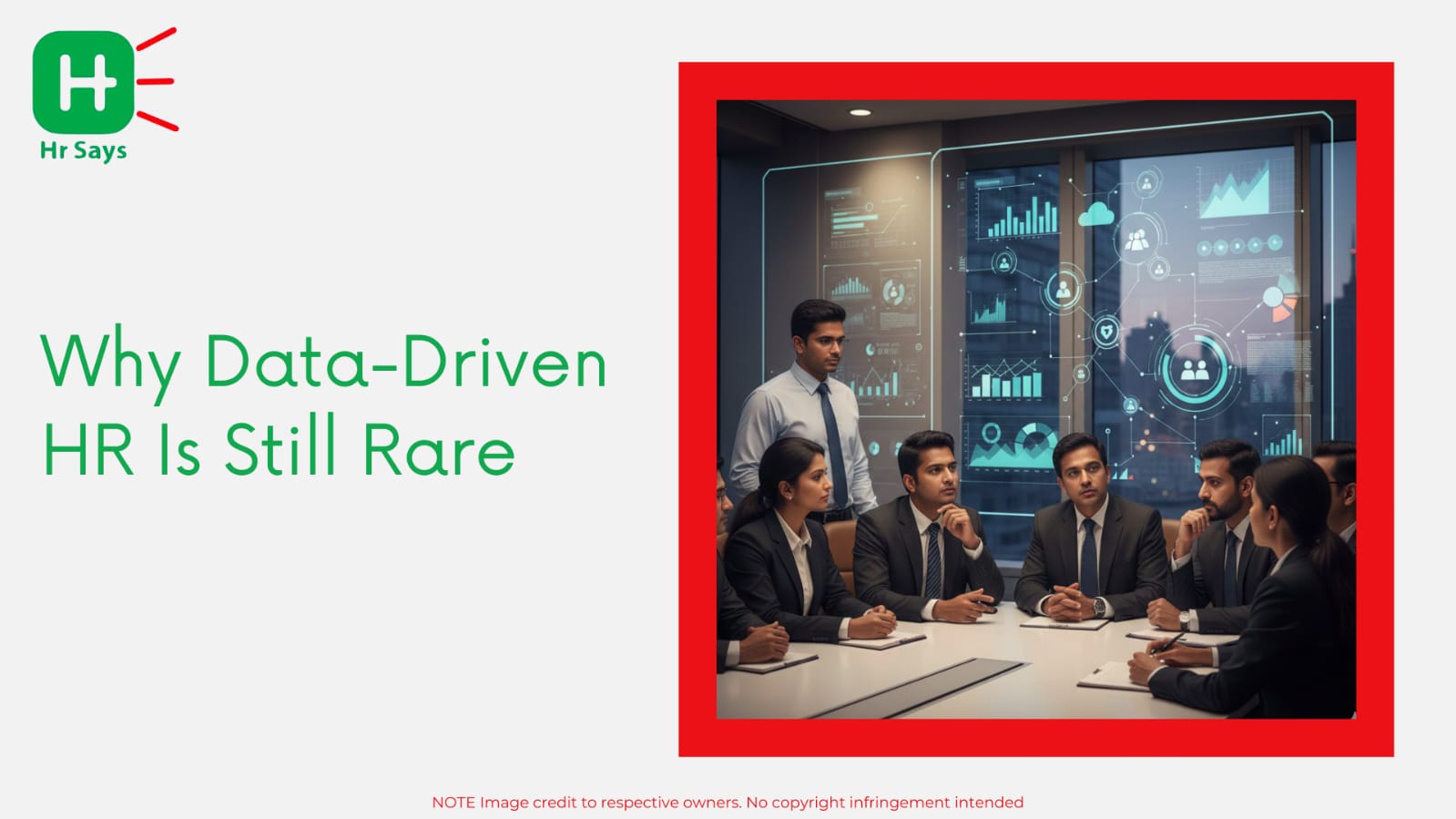
.jpeg)
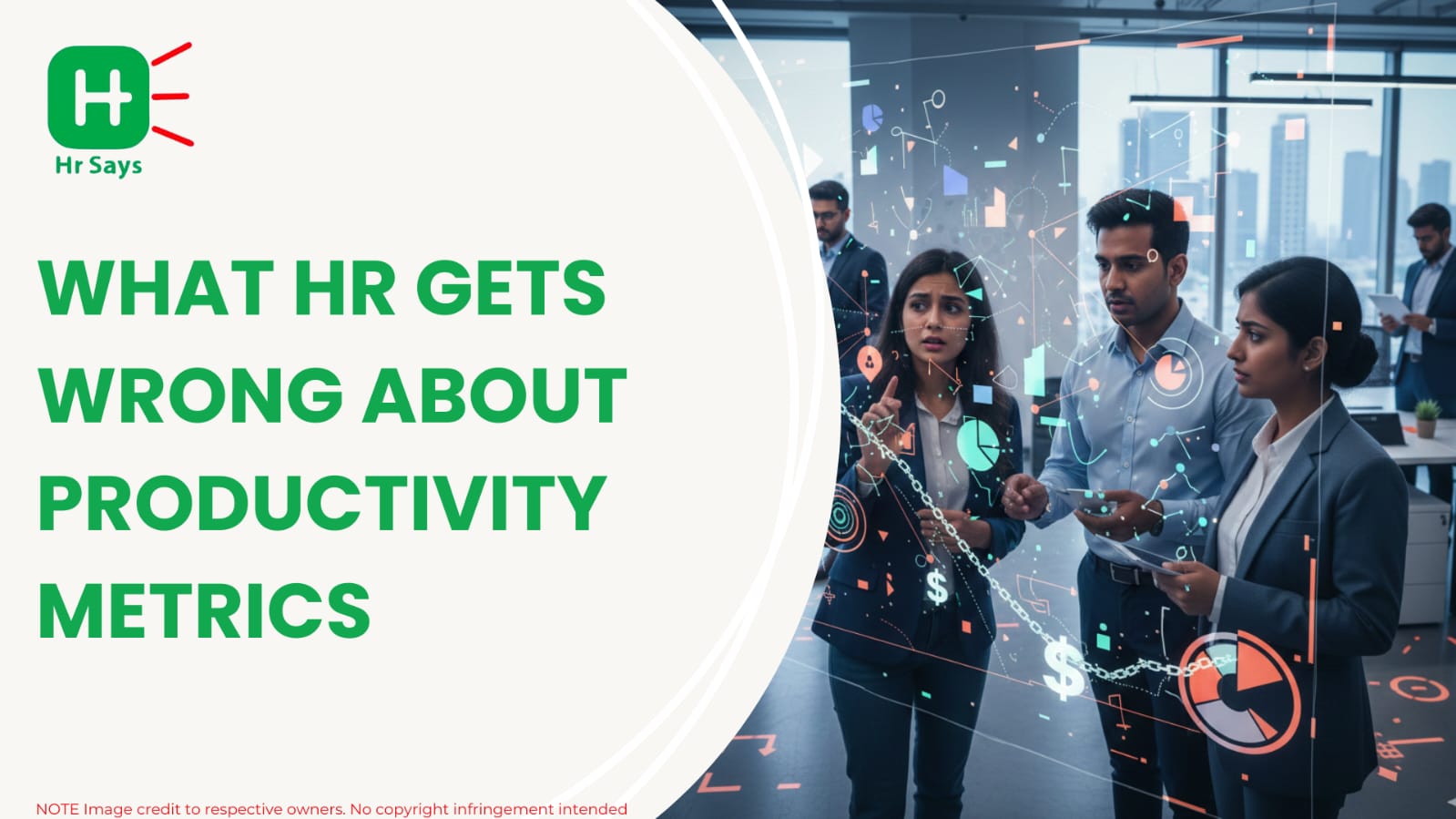
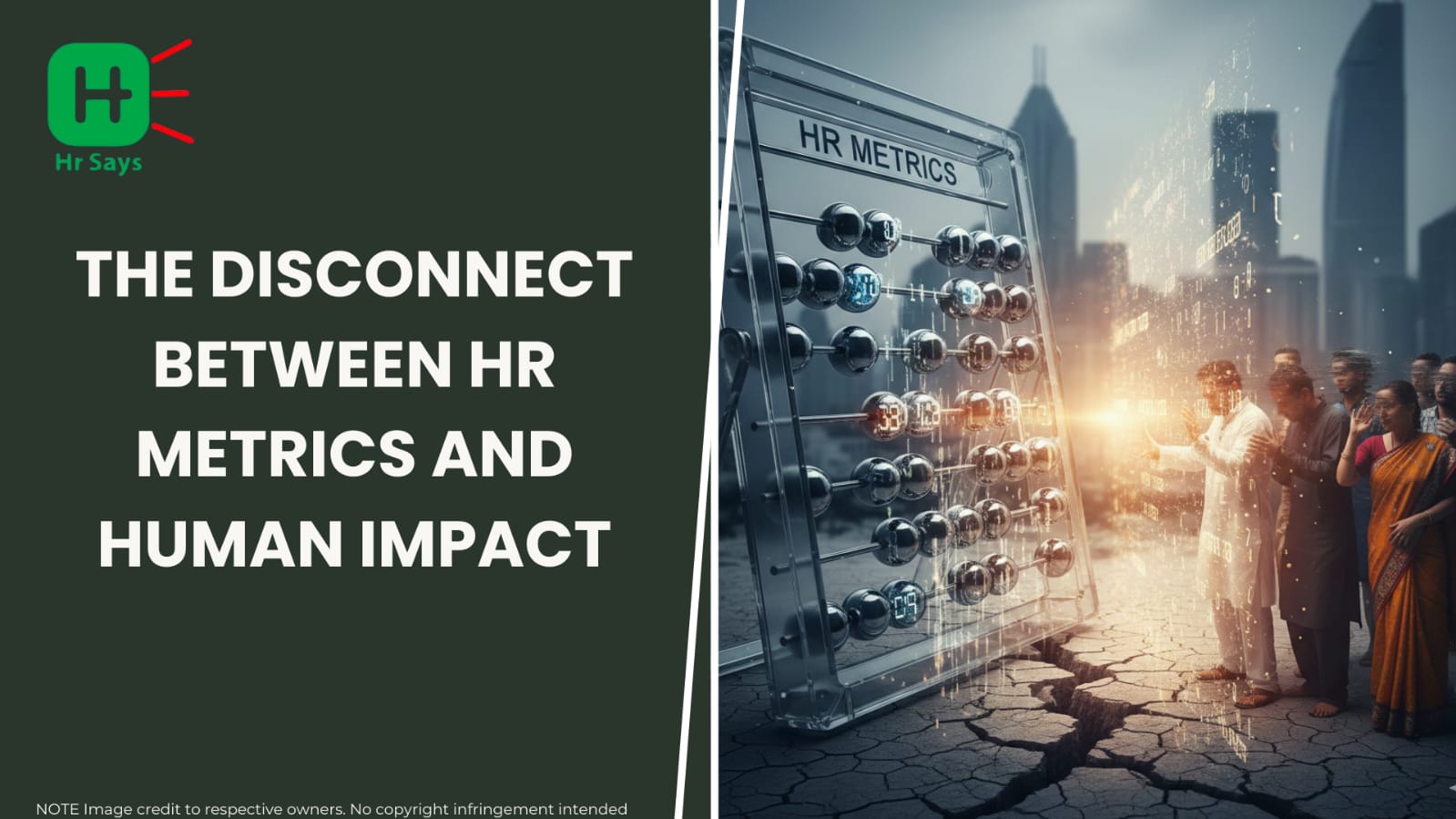
.jpeg)
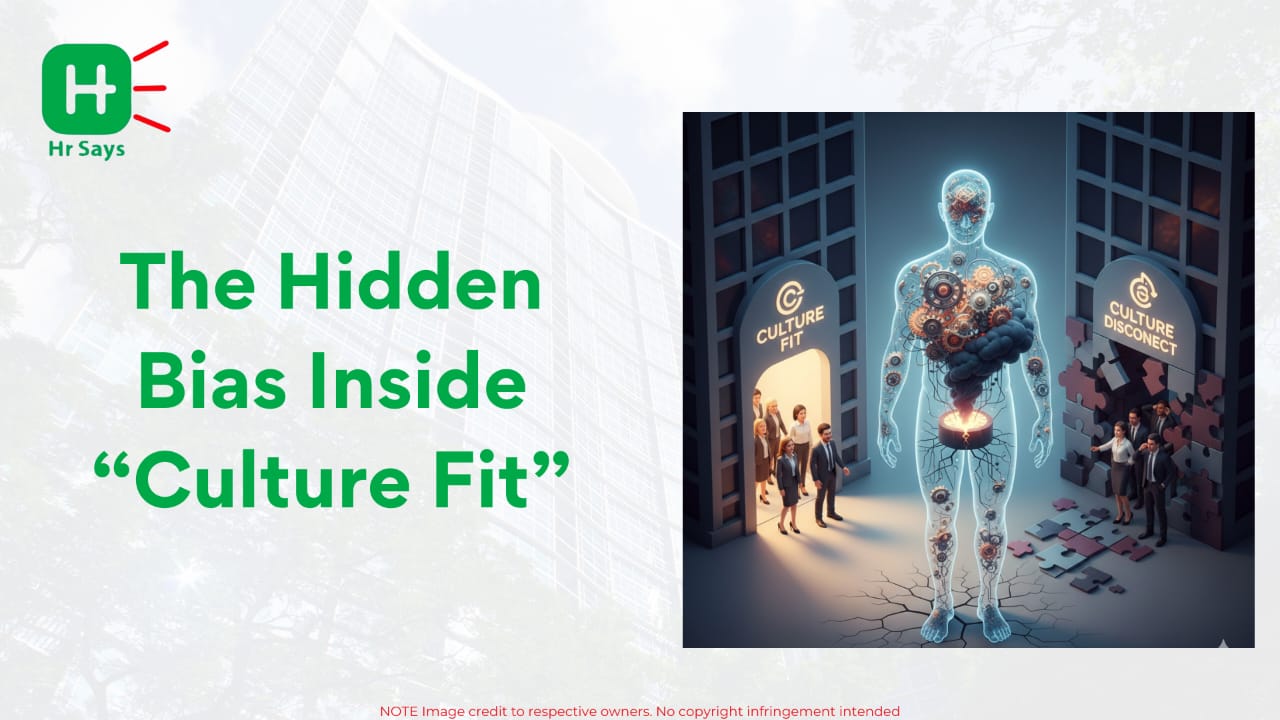
.jpeg)